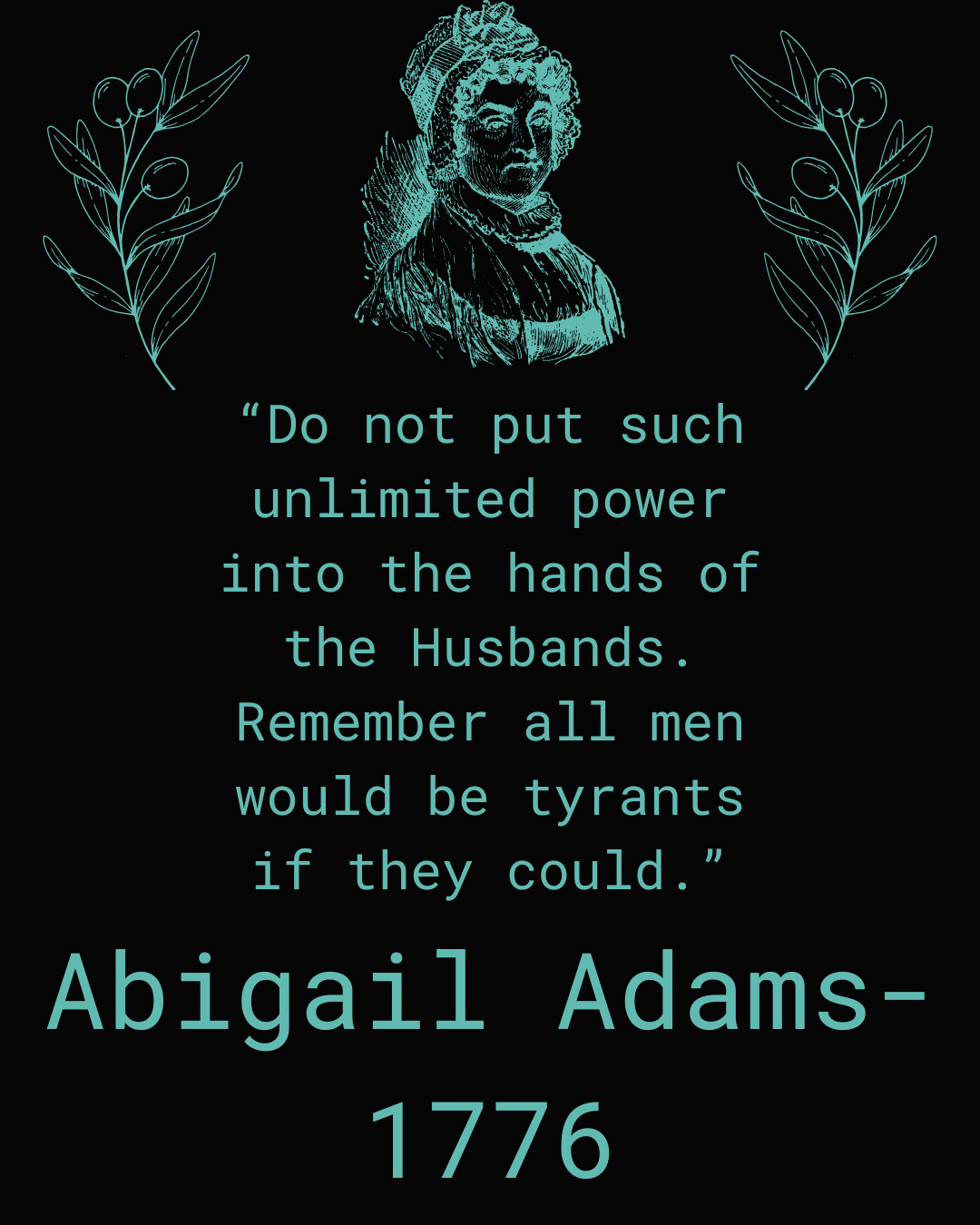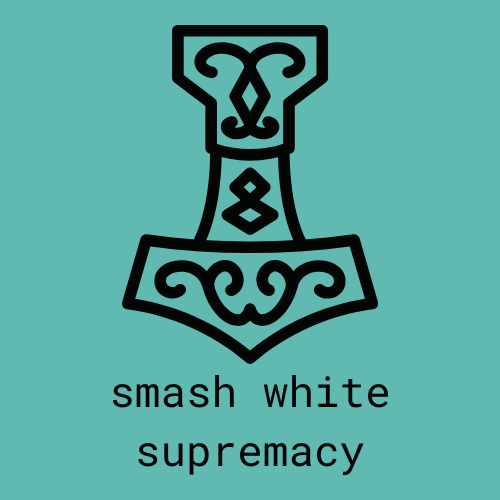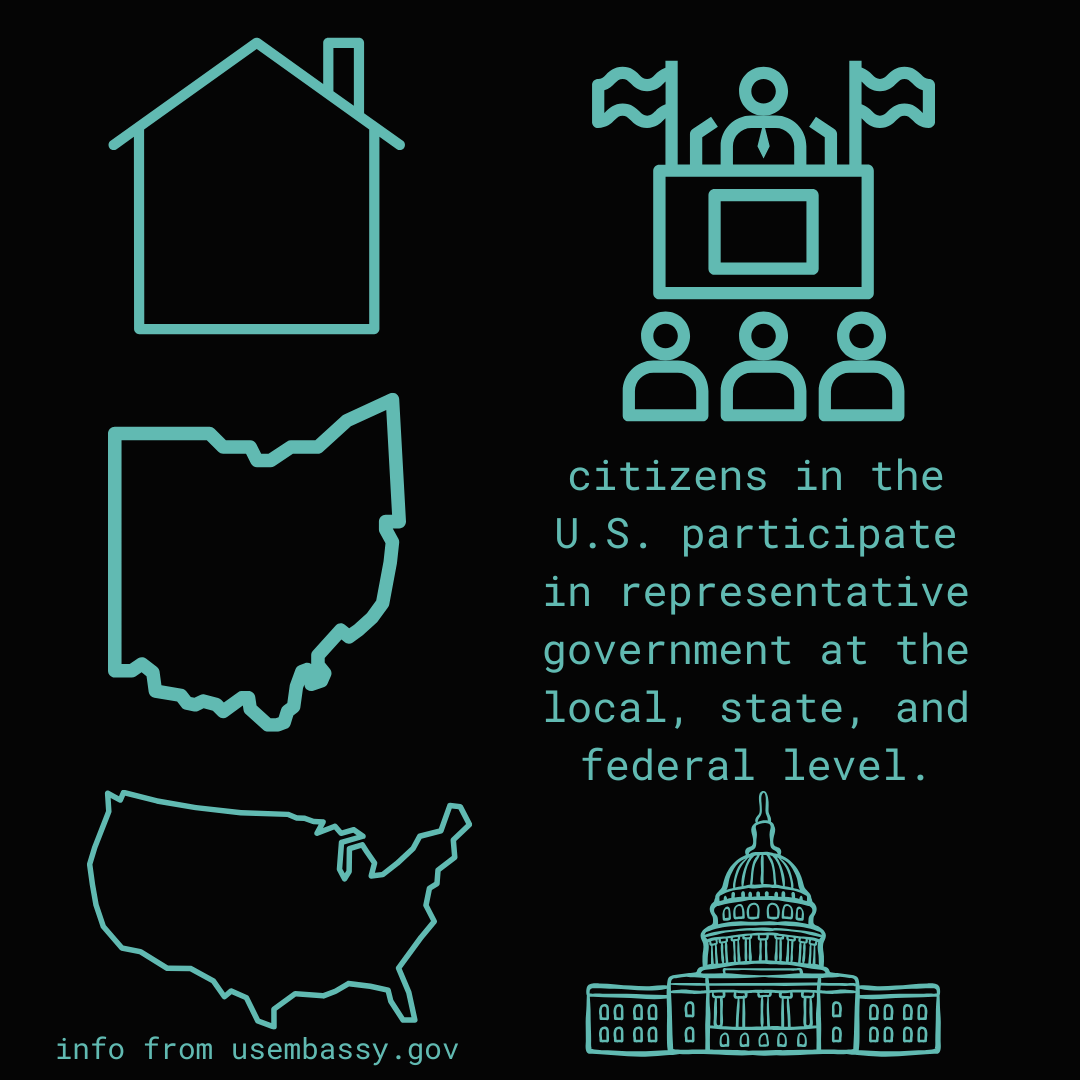
To Ensure Domestic Tranquility
In the Preamble to the United States Constitution, the Founding Fathers promised to grow a nation which would:
“establish Justice, insure [sic] domestic Tranquility, provide for the common defense, promote the general Welfare, and secure the Blessings of Liberty to ourselves and our posterity.”
To this end, the new nation would have three branches of government. Citizens would vote for representatives. These representatives enact laws in the best interest of the people within the Judicial, Executive, and Legislative levels of government.
Congress Enacts Laws That Influence the Daily lives of all Americans
Article I of the U.S. Constitution created the Senate and House of Representatives. Together, the two bodies comprise the United States Congress.
“Congress enacts laws that influence the daily lives of all Americans and is intended to serve as the voice of the people. Its responsibilities include funding government functions and programs, holding hearings to inform the legislative process, and oversight of the executive branch,” according to the U.S. visitor website.
To become law, legislation must pass both the Senate and House of Representatives.
Land Ownership and the Right to Vote in America
In a previous post, “Before Abortion,” I discussed coverture law. This European colonial law gave white Christian men only the power to own and decide what to do with inherited possessions.
White daughters and daughters-in-law were able to increase familial wealth for land owners. Their enslaved counterparts, legally designated property, did the same.
When it came to white children, the more daughters and surviving widows, the more land one family could obtain.
Professor Michael Klarman, of Harvard, has noted that the Founding Fathers largely favored nepotism and restricting voting rights to white Christian men alone. While in name the United States was “for the People,” the definition of these people was quite narrow. In actuality, the application could be quite similar to monarchist nepotism colonists reportedly disdained.
In an interview for Harvard Law Today, Klarman noted of the Founding Fathers: “They believed that the government was created to protect property, not redistribute it.”
Where Did White Land Owners Get All Their Land?
From 1755-1855 the U.S. provided land grants to veterans of wars.
In 1763, the Treaty of Paris and the Royal Proclamation of 1763 created present-day Quebec, Canada, and attempted to limit U.S. colonizers moving westward following the American Revolution.
Forced displacement of Indigenous peoples to North America was a factor of life, as was intentions to “convert” anyone who was considered non-white and non-Christian.
The Black Right to Vote
Black women in the United States couldn’t vote until 1965.
The Fifteenth Amendment was ratified in 1870, giving Black men the right to vote.
Frances Ellen Watkins Harper, a Black suffragette born in Baltimore, Maryland in 1825, favored the passage of the Fifteenth Amendment. Poet, published author, and radical in her time, Ms. Watkins Harper advocated for Black men to obtain the right to vote.
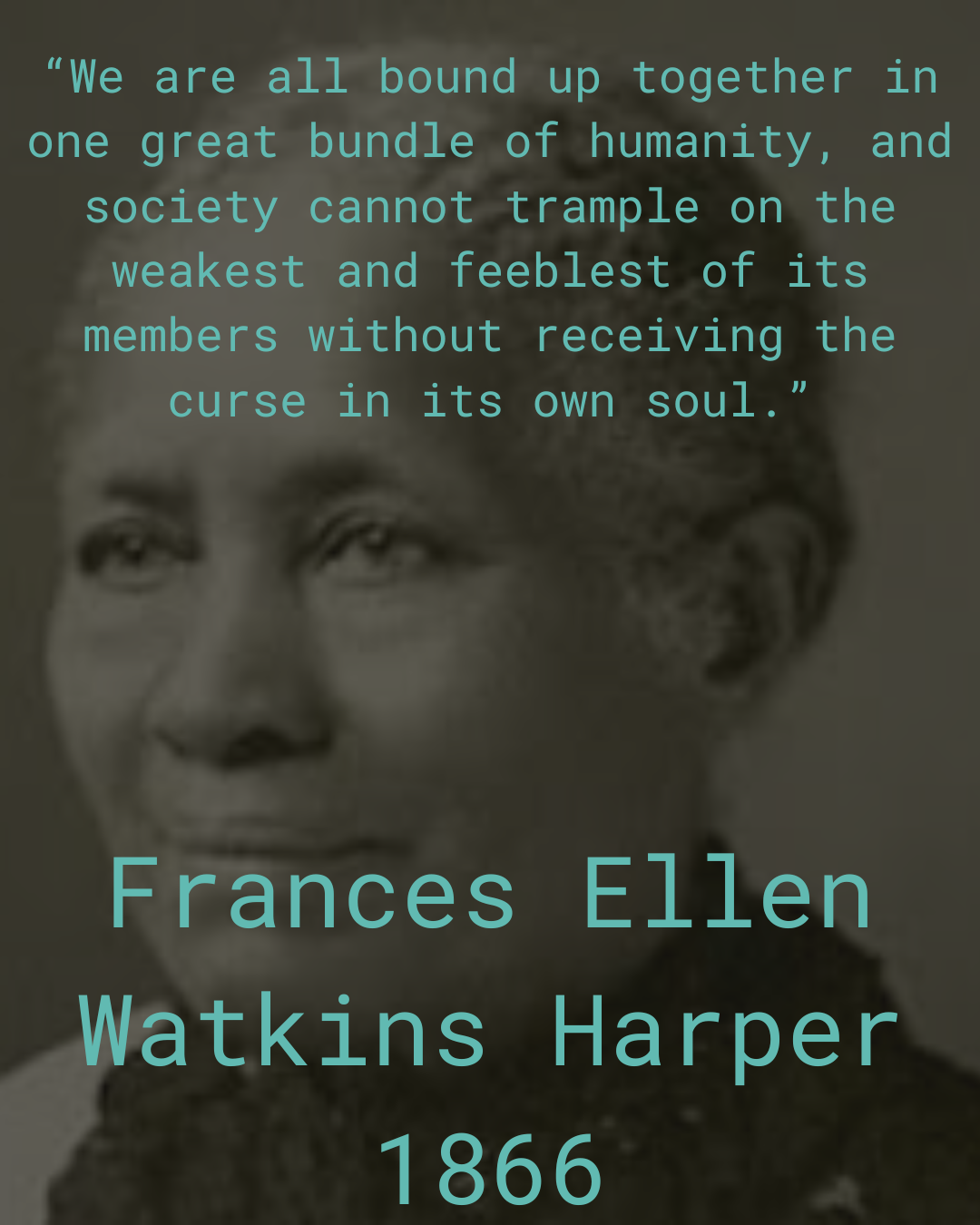
The Radical Founding Fathers of the United States
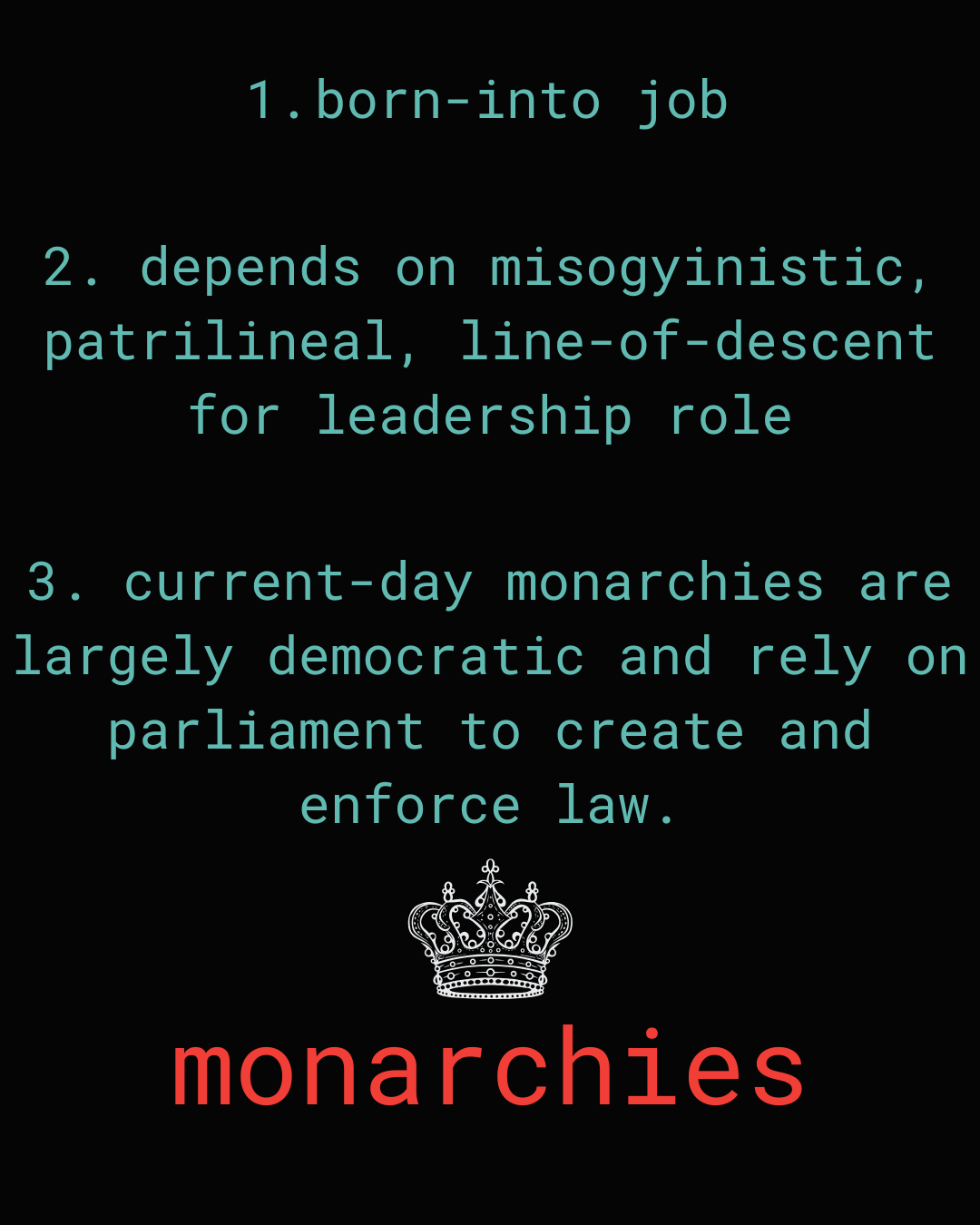
The American myths most of us recall the most center a tyrant king. Like the lore of George Washington chopping down a cherry tree, and saying he “cannot tell a lie…I did it!” we accept some things without necessarily understanding it’s meaning.
The tyrannical king(s) leading up to European colonization of the Americas varies depending on who one asks. In the 13th century, “evil king John” inspired the creation of the Magna Charta. The Magna Charta was the first document limiting complete rule of monarchs over subjects.
While it was certainly radical for it’s time, the Magna Charta mostly gave wealthy land owners more power. It didn’t provide much in the substance of tangible change for most people under John’s rule.
Monarchist rule is determined on patrilineal heredity. Whole industries exist to track Royal Bloodlines and catalog these. For some, this is a holy and sacred institution: a direct line to Jesus Himself. Even though few monarchies today are absolute, giving hereditary title and complete governance, many across the globe still view monarchs as speakers for God Himself. Literally. Monarchs then and now are all heads of State Churches, including the Catholic Church, and it’s monarch, the Pope. (Even an elected monarch).
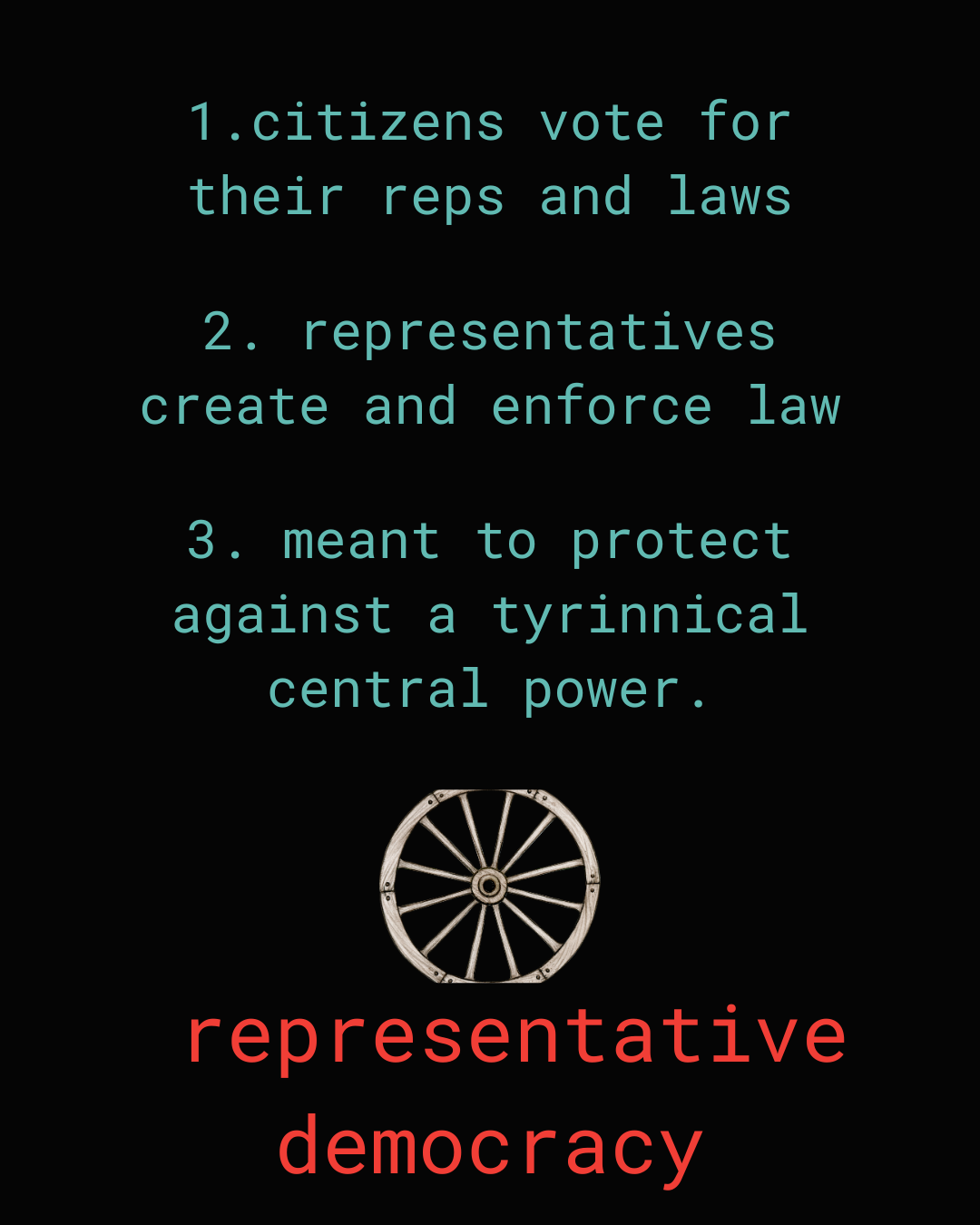
Last Words
Representative government without true representation is as unsustainable as hereditary monarchism. Taking land and resources with violence towards other people and the environment historically upholds the same oppression which allegedly fueled the first white colonists to British, French, and Dutch colonies into North America.
If I were to be forcibly displaced, violently separated from my children, or worse, that wouldn’t feel like freedom to me. In fact, it would feel like fascism.
In the future, it may benefit us all to look forward to a truly equitable social structure that is to the greatest good of all involved.
Further Learning
U.S. treaties with Native Americans via Oklahoma State University
Scots Irish and Ethnic Cleansing of James VI YouTube Scotland History Tours
James Clyburn Our American Government Website
Black Unitarian Universalist Women and Girls
Constitution Center website
Harvard Law Today interview, September, 2024
The Mayflower Society, including the Mayflower Compact
